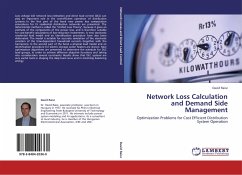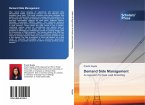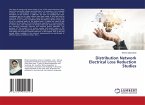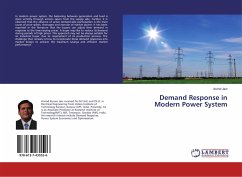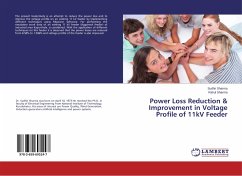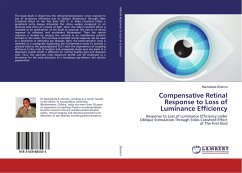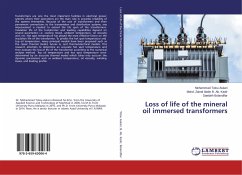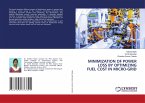Low voltage (LV) network loss estimation and direct load control (DLC) can play an important role in the cost-efficient operation of distribution systems. In the first part of the book new power loss computation procedures for LV residential distribution networks are presented. The deterministic method is called the "Unified Loss Theory", because it gives an estimate of the components of the power loss, and is therefore suitable for cost-benefit calculations of loss-reduction investments. A new stochastic residential load model and an identification procedure have also been elaborated. The model is suitable for accurate simulation of the stochastic variation of the time-dependent household currents (together with the harmonics). In the second part of the book a physical load model and an identification procedure for electric storage water heaters are shown. New optimization algorithms are presented to determine the schedule for DLC load groups, in order to achieve different objective functions and taking into consideration several constraints. Results show that DLC systems are very useful tools in shaping the daily load curve and in minimizig balancing energy.
Bitte wählen Sie Ihr Anliegen aus.
Rechnungen
Retourenschein anfordern
Bestellstatus
Storno

